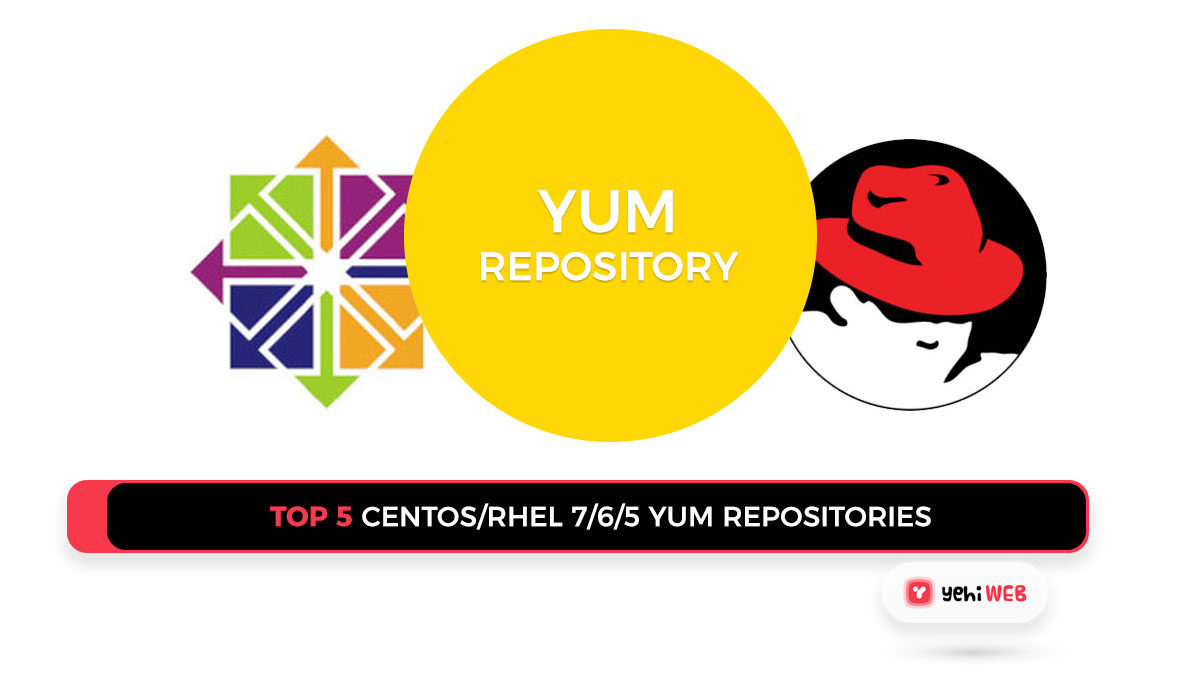YUM ( Yellowdog Updater, Modified ) is a GNU General Public License command-line package management tool for RPM-based Linux systems. Yum is helpful for RPMs that have dependencies because it scans all available repositories for all dependencies in every RPM.
Top 5 Yum Repositories
The top 5 yum repositories for RHEL based systems (RPMFusin, EPEL, REMI, ELRepo, Webtatic) with installation links, which we need to keep our system up to date with the latest packages, are listed below. The majority of the RPMs available for servers can be found in these repositories.
1. Adding RPMFusin Repository
2. Adding EPEL Repository
EPEL (Extra Packages for Enterprise Linux) is a community that manages a list of the most recent packages. It also includes additional packages for Red Hat Enterprise Linux (RHEL), CentOS, Scientific Linux (SL), and Oracle Linux (OL).
Install the EPEL yum repository on your CentOS/RHEL 7/6/5 systems using the commands below.
3. Adding REMI Repository
REMI is also a valuable yum repository for Enterprise Linux systems that includes modified packages. Install the REMI yum repository on your CentOS/RHEL 7/6 and Fedora 28/27/26/25/24 systems with the commands below.
4. Adding ELRepo Repository
ELRepo is an Enterprise Linux package repository that uses RPMs. It is compatible with Red Hat Enterprise Linux (RHEL) and its derivatives such as CentOS, Scientific Linux, and others. This project focuses on hardware-related packages that will improve the Enterprise Linux experience. Filesystem drivers, graphics drivers, network drivers, sound drivers, webcam, and video drivers are all examples of this.
5. Adding Webtatic Repository
Webtatic is a yum repository that contains web hosting-related packages that are not included in the CentOS/RHEL repositories. To install the REMI yum repository on your CentOS/RHEL 7/6/5 systems, run one of the commands below.
Thank you for taking the time to read this article. Read the next post to learn How to Keep CentOS, RHEL, and Fedora Systems Up to Date.
Saad Shafqat
Related posts
New Articles
Step-by-Step Instructions for a Successful PointClickCare Login Experience
Accessing your PointClickCare account efficiently and securely is crucial for healthcare professionals who rely on this industry-leading cloud-based platform for…


